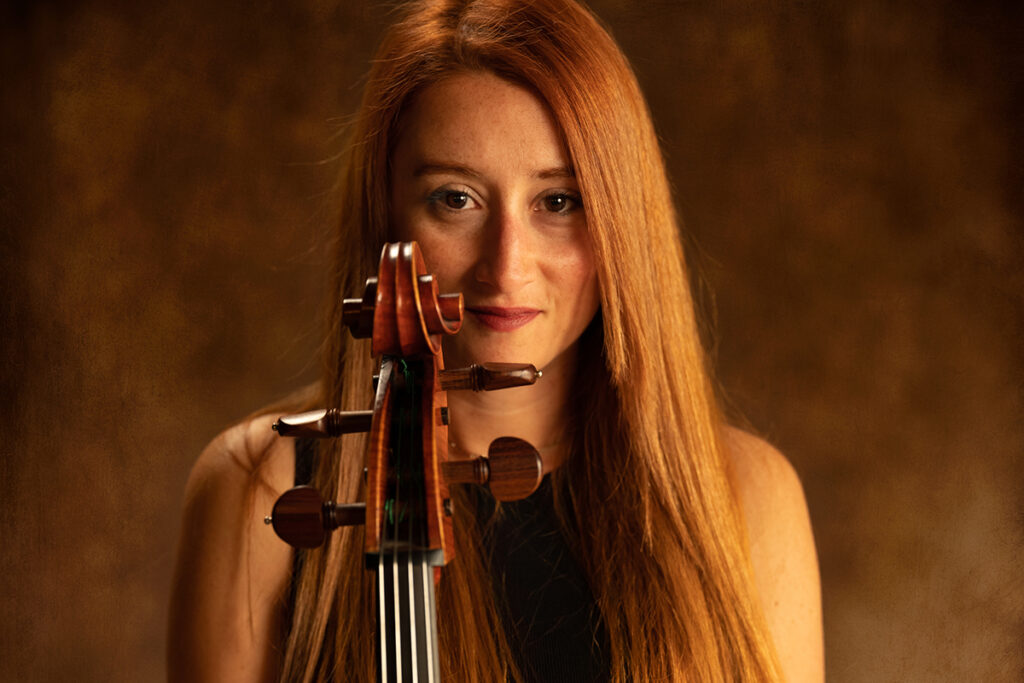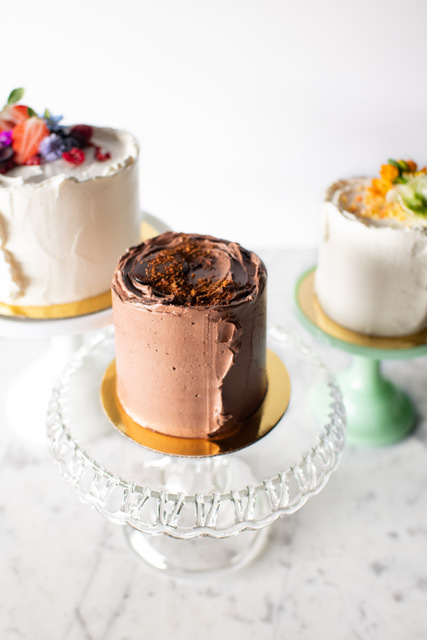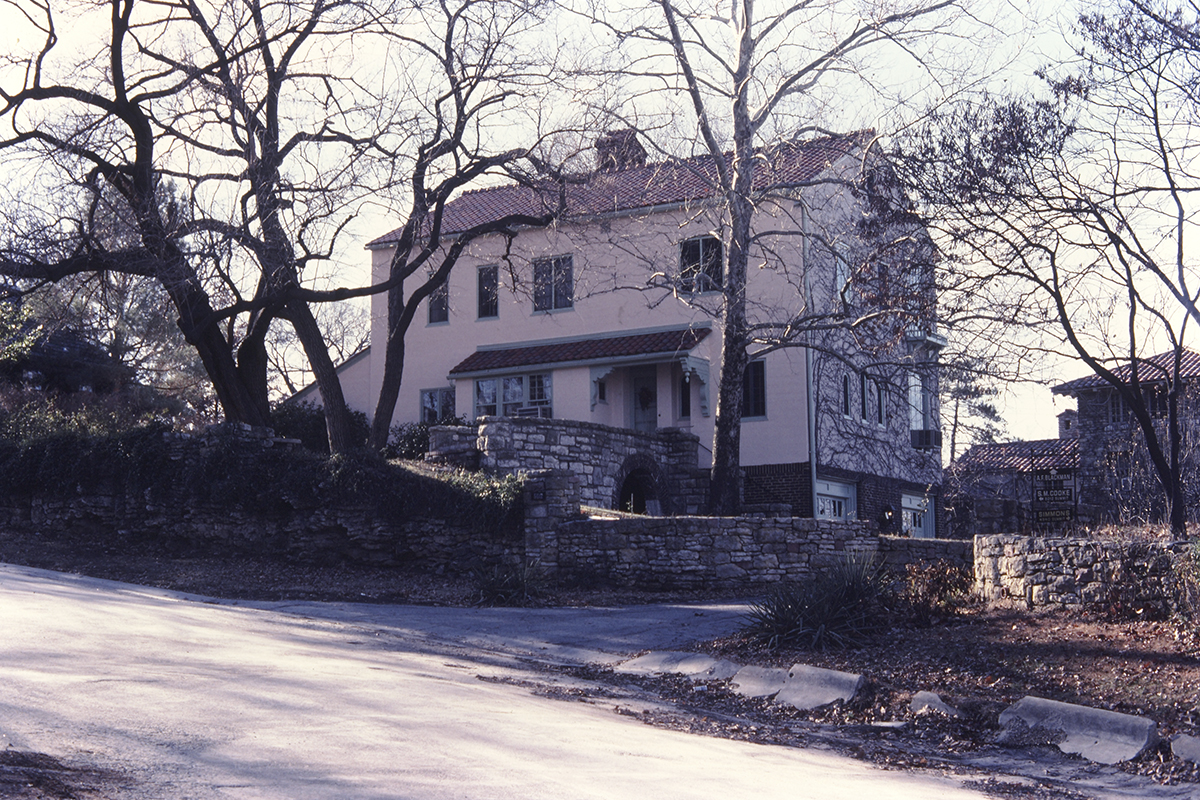Turk and Kansas Citian Ezgi Karakus decided at age 11 the cello was her path.
Karakus, who has lived in KC for more than a decade, completed her Doctor of Musical Arts in cello performance at UMKC’s Conservatory of Music and Dance. She’s not only a member of KC’s Ensemble Iberica but also a principal cellist with the Turkish American Orchestra, and she often heads to New York for performances. She has won many musical accolades, including first prize in the Belle and Lynum Jackson Balshaw Music Competition.
How’d you get to Kansas City? I actually first moved to West Virginia (from Turkey) in 2009. I learned English and did my master’s degree there. Then I auditioned for doctorate studies, and that was the reason, in 2013, I moved to Kansas City—to do my doctorate degree in cello performance at UMKC.
What do you think is the best thing about Kansas City? The live music. People supporting live music, local arts and artists. That was the reason, actually, I decided to stay.
What would you most like to change most about the city? Probably I would love to have more diversity. As a Turkish person, I would maybe like to be able to reach out to more people like that. And maybe more walkable areas and more transportation (laughs).
What is Kansas City’s greatest hidden gem? There are so many things happening in Kansas City musically, you know? There are so many different artists here, and so many people don’t know about them. So I think, for me, the hidden gem is the diversity of music.
What’s your favorite restaurant in town? Ooh, I have so many! But actually my favorite restaurants are Room 39, Corvino, Clay & Fire. I think those are the top three for me.
Tell me what you love most about music. Music is my life. I mean, I don’t see myself doing anything else but music. And that kind of shaped my life. That’s why I’m here. That’s why I travel. It’s all about music.
When did you first know this about yourself? When I was 10 years old, or maybe earlier than that. My parents bought me a toy keyboard and apparently I just spent all day with it. They realized, “Oh, she’s into music.” So they started taking me to concerts and piano lessons. Then one day they took me to a Bremen String Quartet concert in Izmir. They’re based in Germany. I saw the cello for the first time in a live concert setting. I was 11 years old and I was like, “I want to play that!”
When you’re absolutely at your best performing, describe that for me. Whatever that question means to you. I think it’s trust. It’s really important when I feel trust. Do you trust yourself? Can you just go for it? For me, trust also relates to acceptance. None of us are perfect, but at the same time, are you able to express yourself? You have to trust to express yourself. Also, you have to trust if you are playing in an ensemble. You have to trust enough to be able to be yourself when you play with people.
Suppose there’s an asteroid heading for the earth and you only have one hour to live. How do you spend it? Oh, probably play. Play with people that I love.
Play music? Play music. Yeah. What else can I do in an hour?
What is your greatest fear? Losing my hands.
That tracks. What are you most proud of in life? To be able to do all the things that I have done so far by myself. Learning a different language, traveling by yourself. Even if you are so scared, you just go for it. Just because you got to trust.
I’m wondering about the balance for you. How much of your performance is an intellectual exercise of your timing and bowing and so on, and how much of it is the emotional part, when you want to put feeling into a song? For me, everything starts with knowing the music. Listening is a big part of it. First, you slowly play through it and start writing down some bowings and fingerings—taking notes. That also helps your musical expression. Right after that, it’s a tempo. What’s the tempo? After you feel comfortable with those things, you actually start exercising to be able to get to the speed of the piece with all these things that you wrote. And you want to be really comfortable, so then you can be more expressive. Then, at the end, it’s the same magic word: trust. You’ve got to trust and go for it.





